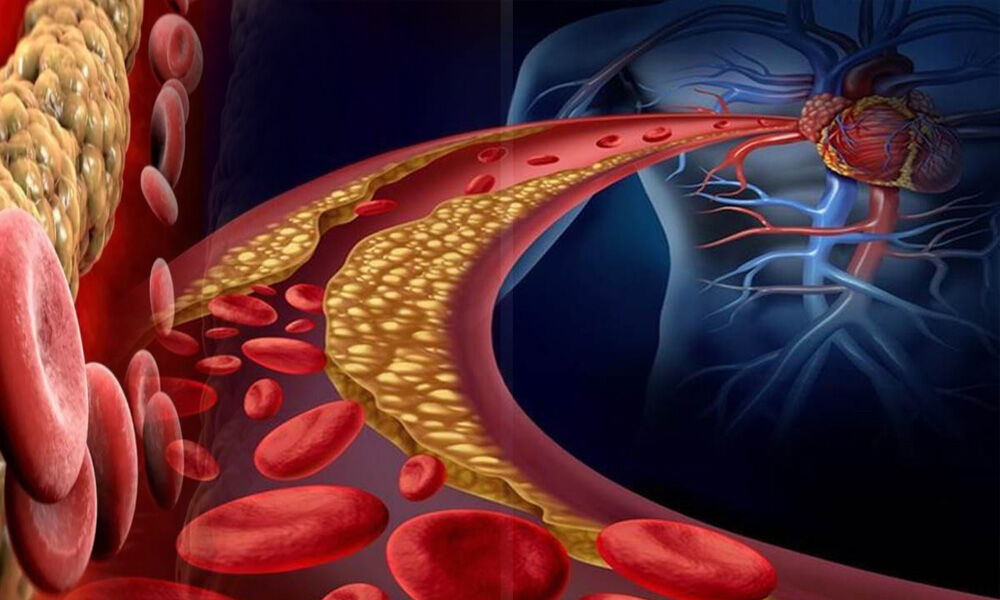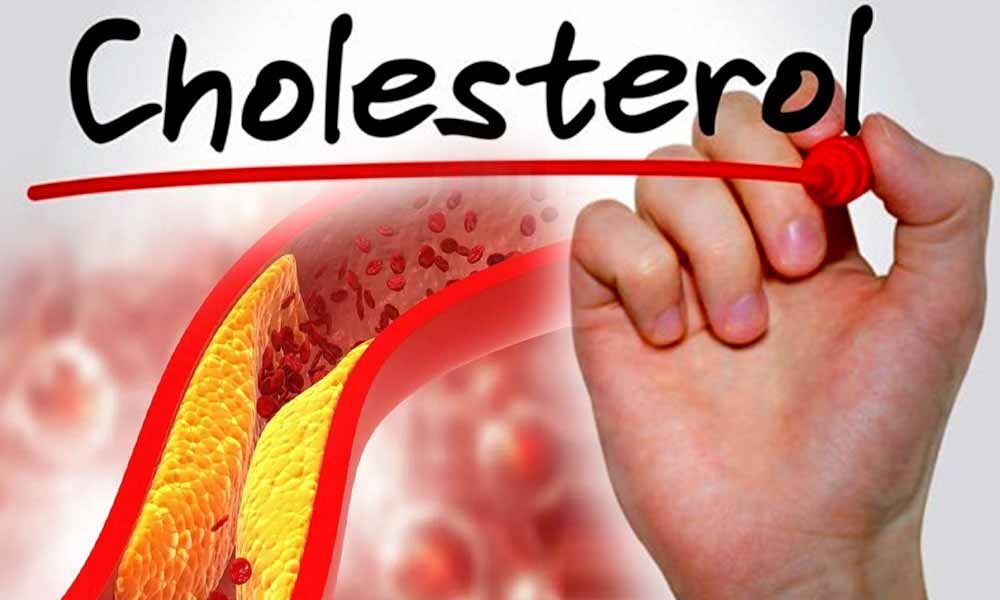Cholesterol is a type of fat that is found in our blood and is essential for our body to function properly. However, too much of it can lead to serious health problems like heart disease, stroke, and high blood pressure. This is where the cholesterol paradox comes in – the fact that cholesterol can be both good and bad for our health.
What is Cholesterol?

Cholesterol is a waxy, fat-like substance that is found in every cell of our body. It plays a vital role in many bodily functions, such as producing hormones, digesting food, and building cell walls. Cholesterol is produced by the liver, but it can also be found in animal-based foods like meat, eggs, and dairy products.
The Good and Bad Cholesterol
There are two types of cholesterol – low-density lipoprotein (LDL) and high-density lipoprotein (HDL). LDL cholesterol is commonly referred to as “bad” cholesterol because it can build up in our arteries and lead to blockages that can cause heart attacks and strokes. On the other hand, HDL cholesterol is known as “good” cholesterol because it helps remove LDL cholesterol from our arteries.
The Cholesterol Paradox
While it is commonly believed that having high levels of LDL cholesterol is bad for our health, recent studies have shown that it may not be as simple as that. In fact, some people with high levels of LDL cholesterol have a lower risk of heart disease than those with low levels of LDL cholesterol. This is what is known as the cholesterol paradox – the fact that high LDL cholesterol levels may not always be bad for our health.
The reason for this paradox is still not fully understood, but some experts believe that it may be due to the role of inflammation in heart disease. Inflammation is a natural response of our body to injury or infection, but chronic inflammation can lead to the development of heart disease. It is believed that LDL cholesterol may play a role in reducing inflammation in some people, thus reducing their risk of heart disease despite having high levels of LDL cholesterol.
Managing Cholesterol Levels
Regardless of whether you have high or low levels of LDL cholesterol, it is important to manage your cholesterol levels to reduce your risk of heart disease. This can be done through a combination of lifestyle changes and medication.
- Eat a healthy diet that is low in saturated and trans fats and high in fiber.
- Exercise regularly to maintain a healthy weight and reduce your risk of heart disease.
- Avoid smoking, as it can damage your arteries and increase your risk of heart disease.
- Talk to your doctor about medications that can help manage your cholesterol levels if lifestyle changes alone are not enough.
The Bottom Line
While the cholesterol paradox may be confusing, the key takeaway is that managing your cholesterol levels is important for your overall health. Talk to your doctor about your cholesterol levels and what you can do to reduce your risk of heart disease.





